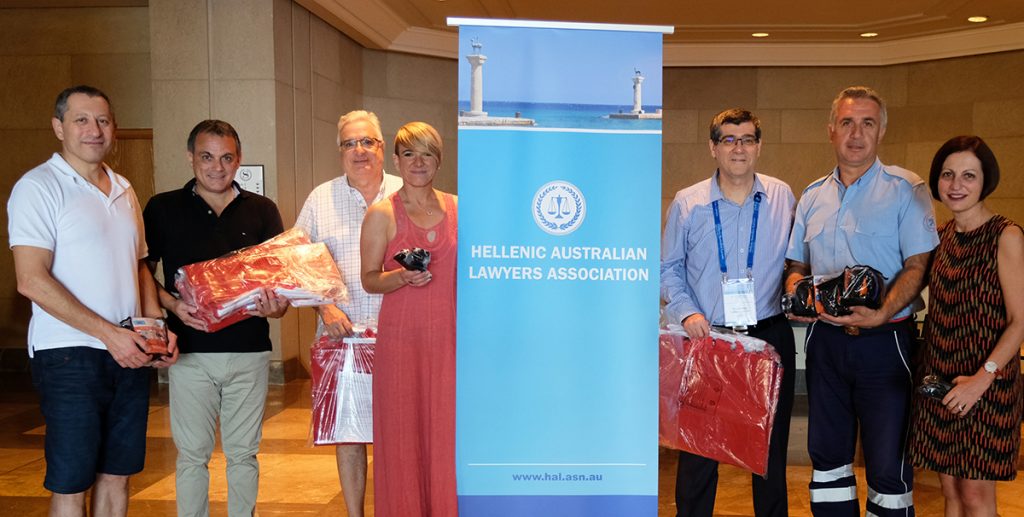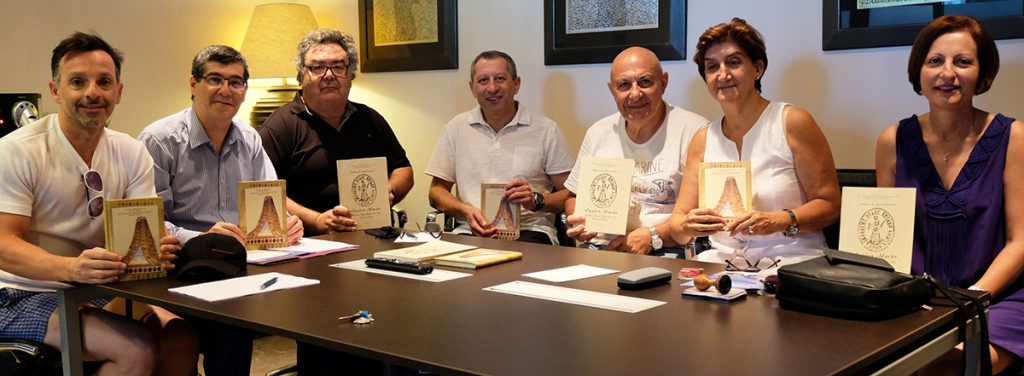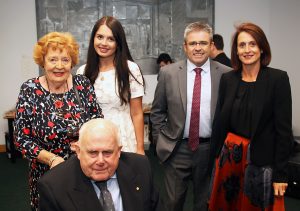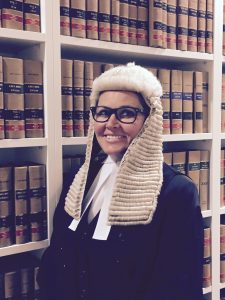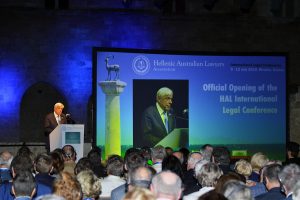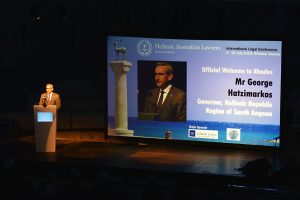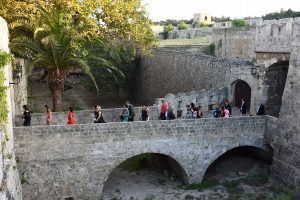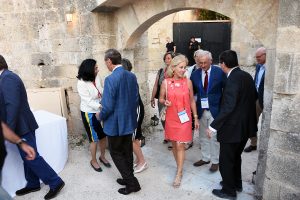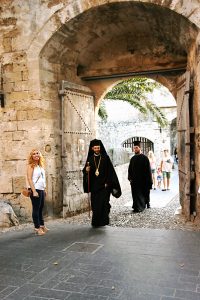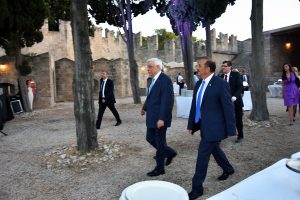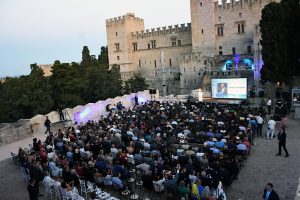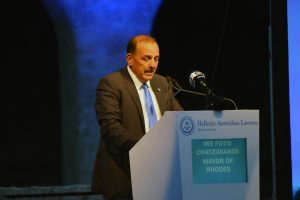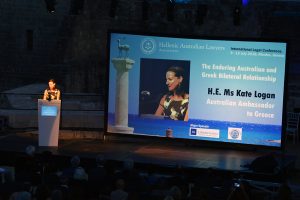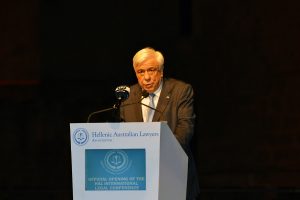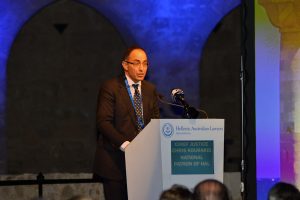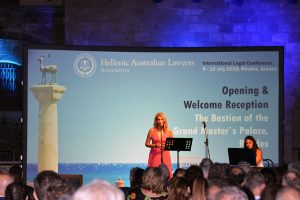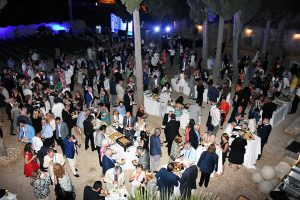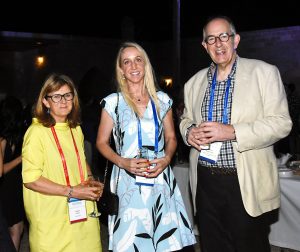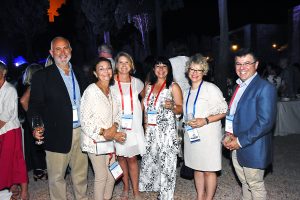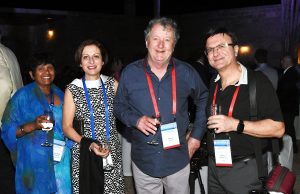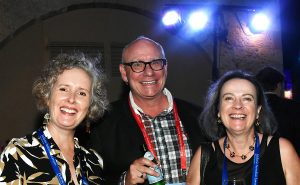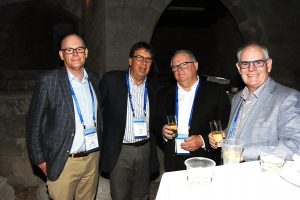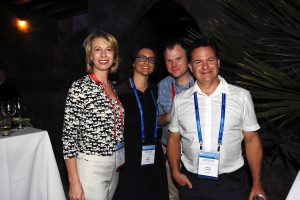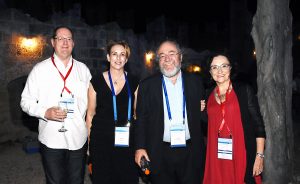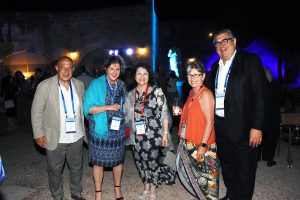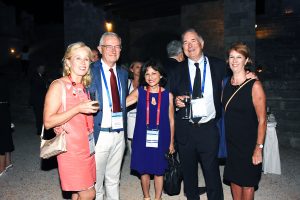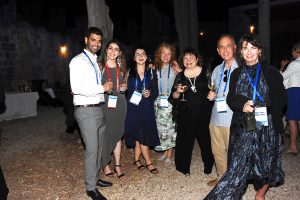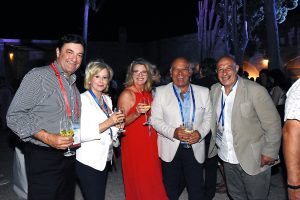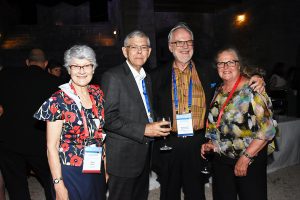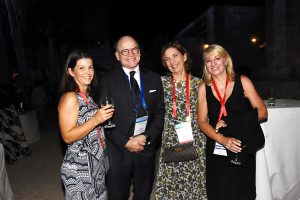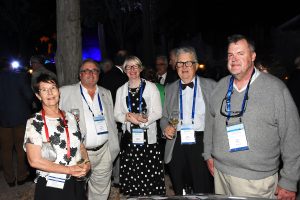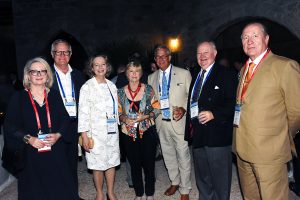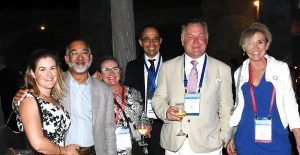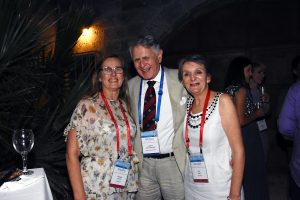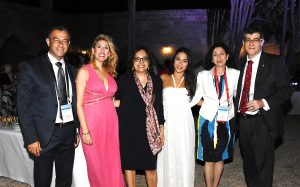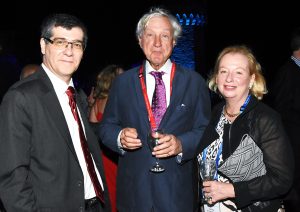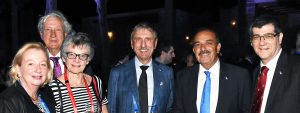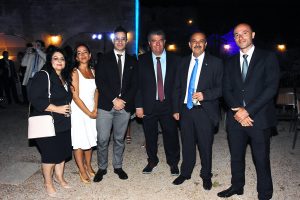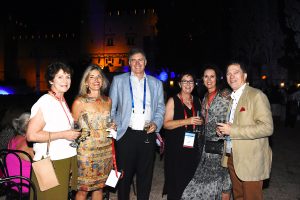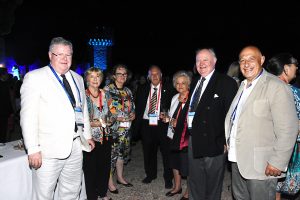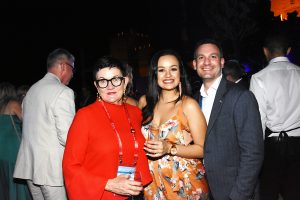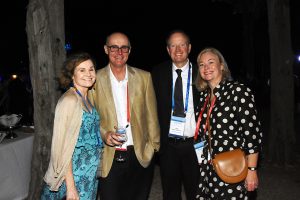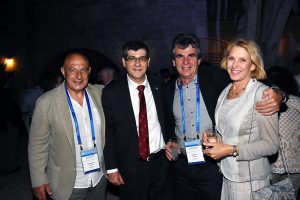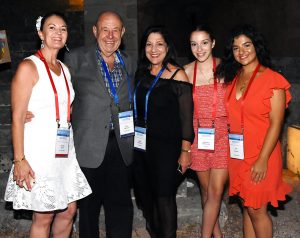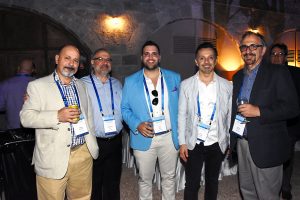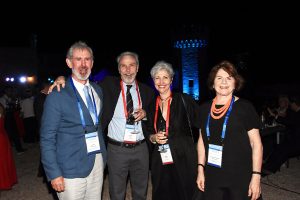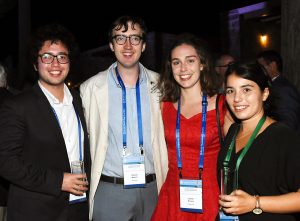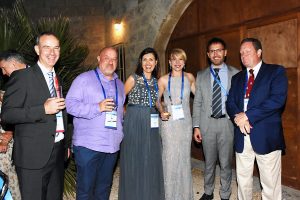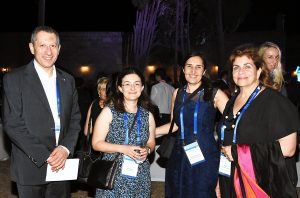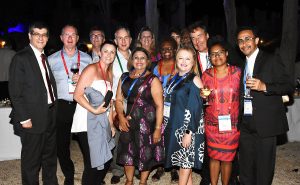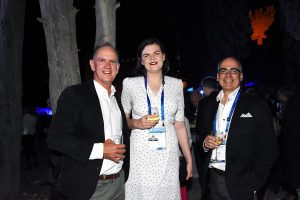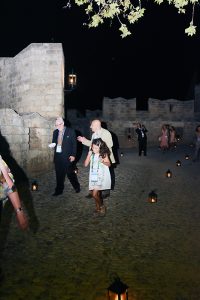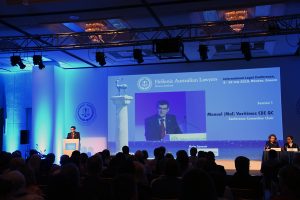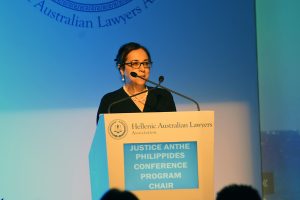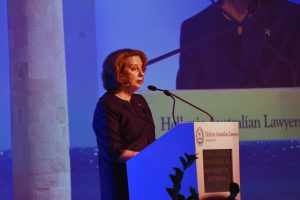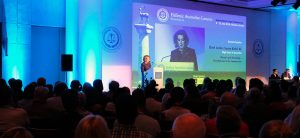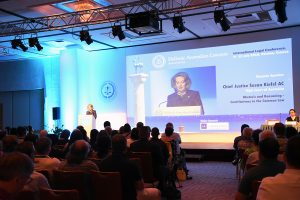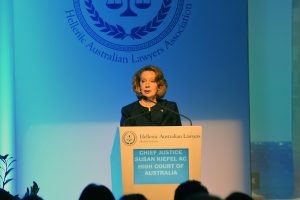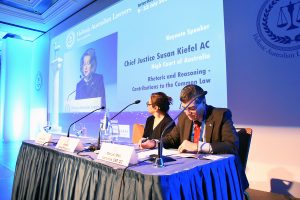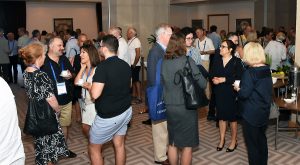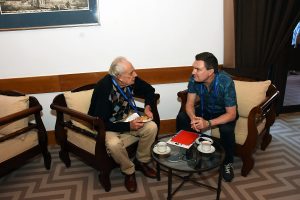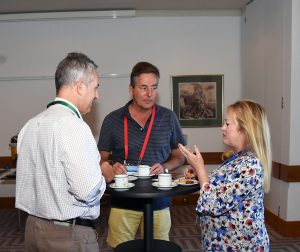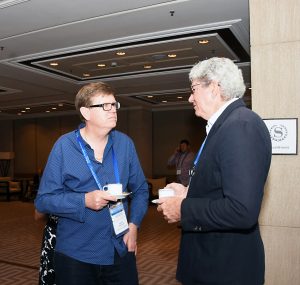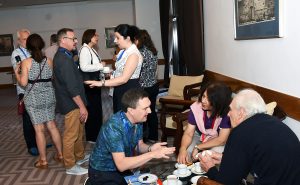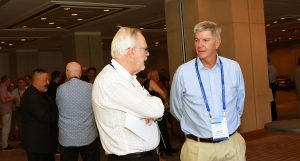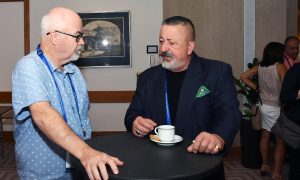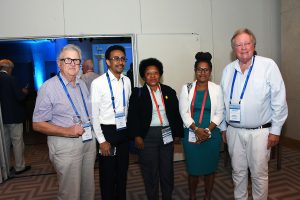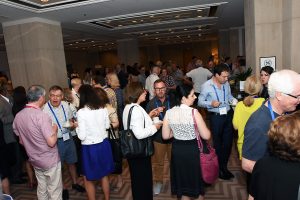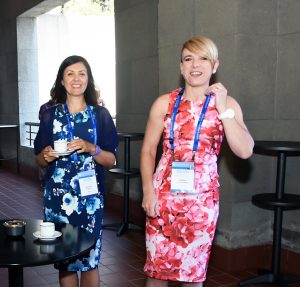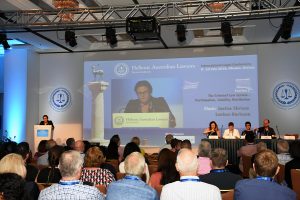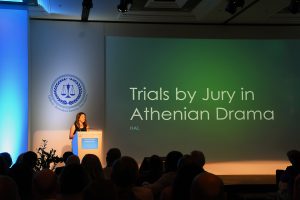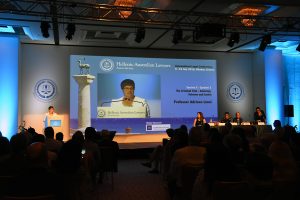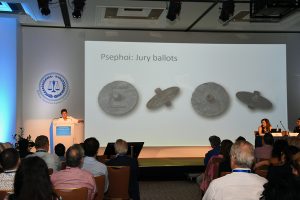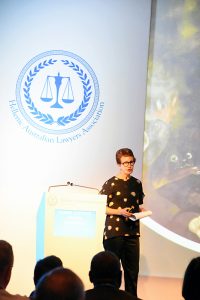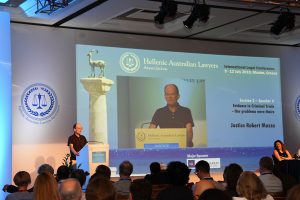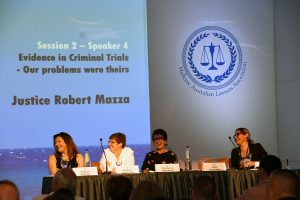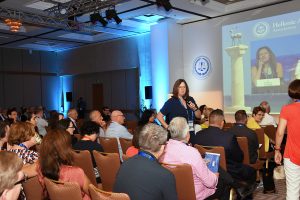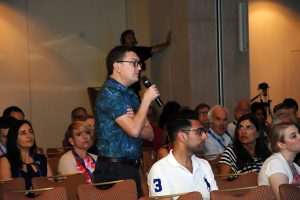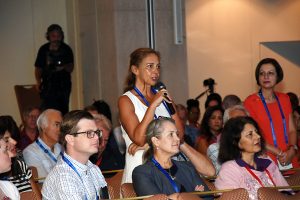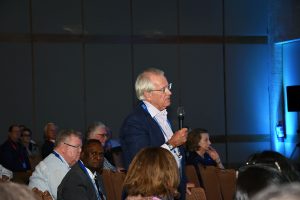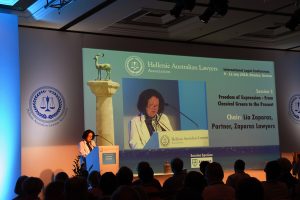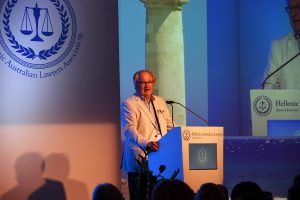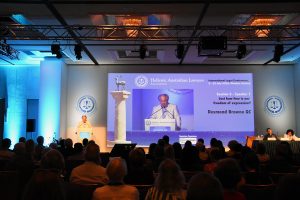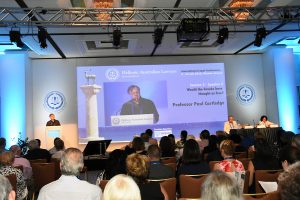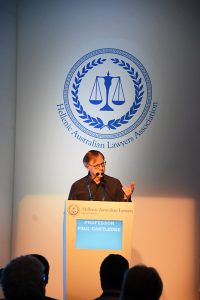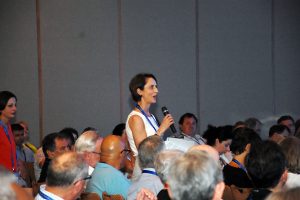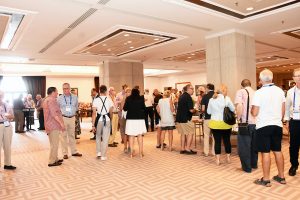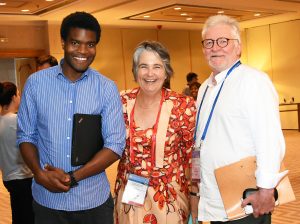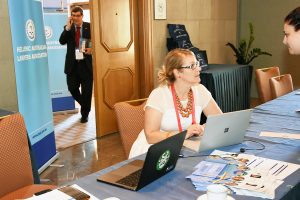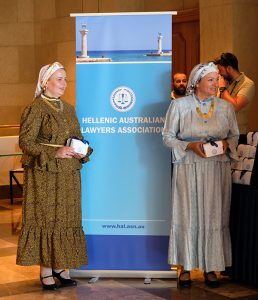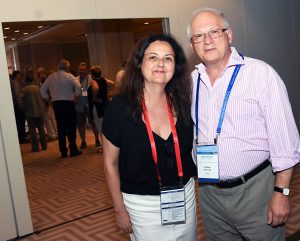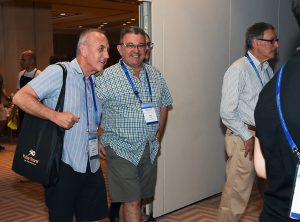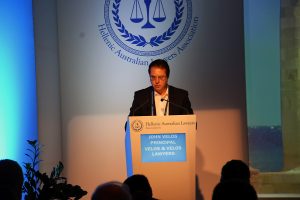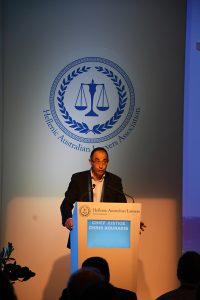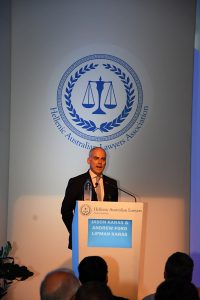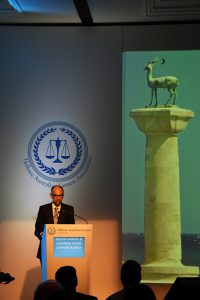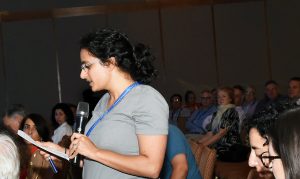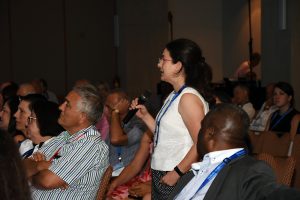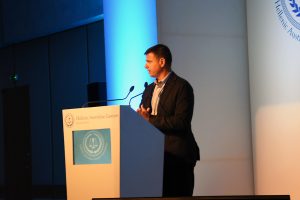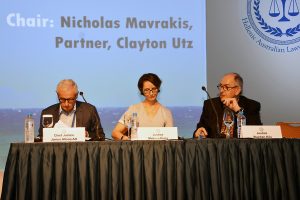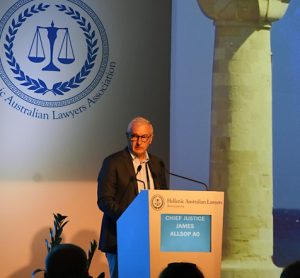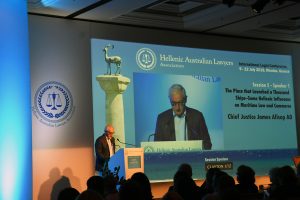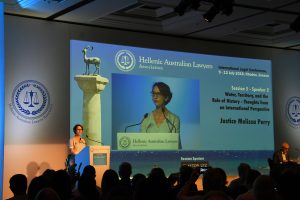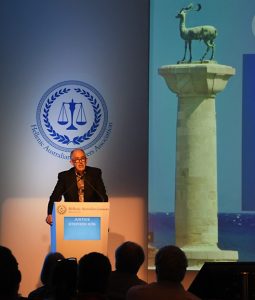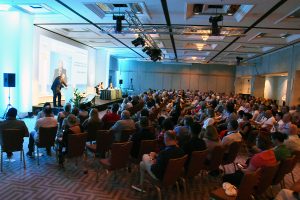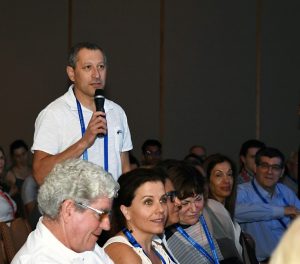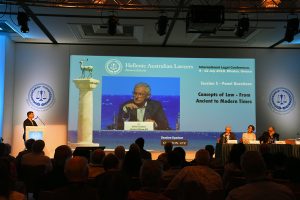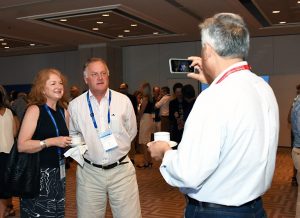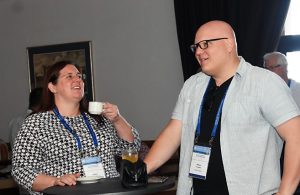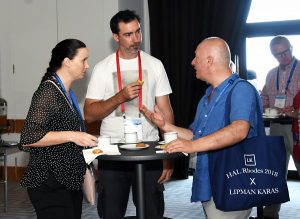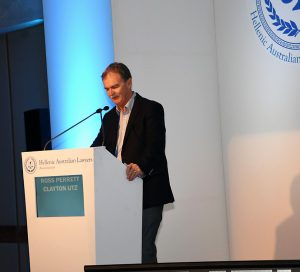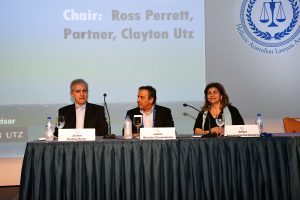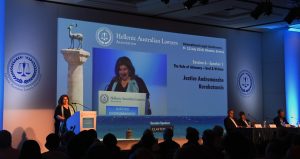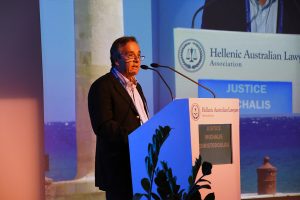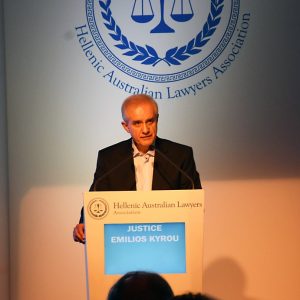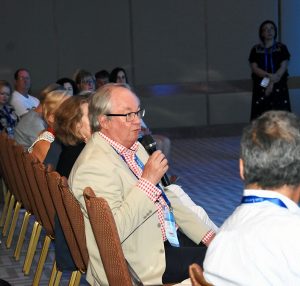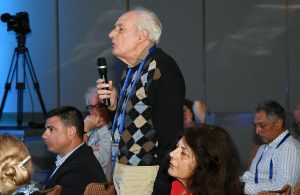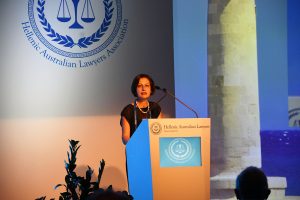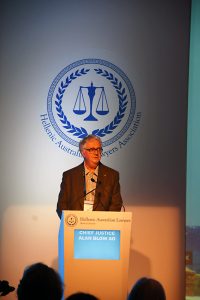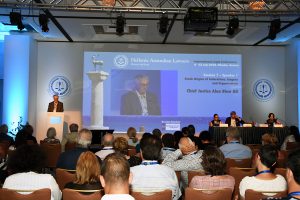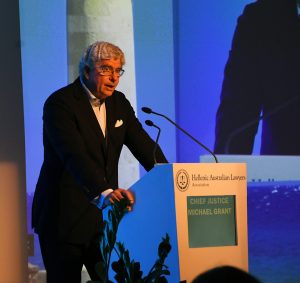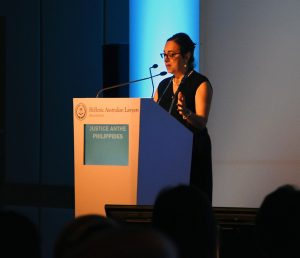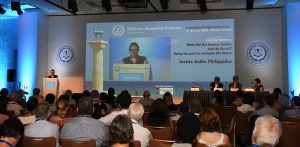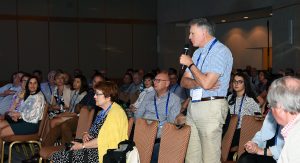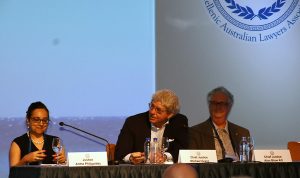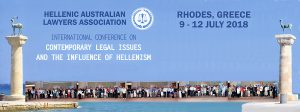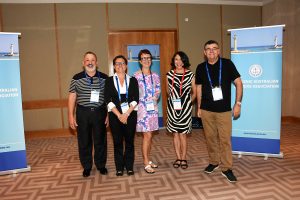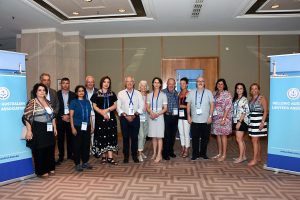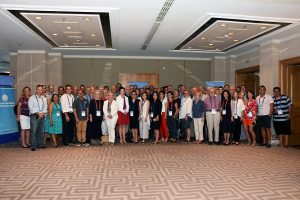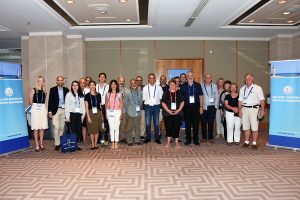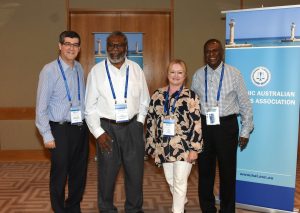Learnings from the ancient Greeks maintain relevance for critical issues facing modern Australian civil society, delegates heard at the Hellenic Australian Lawyers Association’s inaugural legal conference in Rhodes, Greece.
More than 500 delegates and accompanying persons, including judges, lawyers and law students from jurisdictions around the world, and others attended the conference, which featured papers and presentations from many of Australia’s most eminent jurists and world-renowned classicists.
Chief Justice of the High Court of Australia, the Hon Susan Kiefel AC, presented the Keynote Address titled “Rhetoric and Reasoning – Contributions to the Common Law”, acknowledging the contribution of classical philosophy to contemporary legal and judicial reasoning.
Eighteen other speakers presented on topics including the trial by jury in ancient times and the continuing importance of juries, presentation of evidence in criminal trials, freedom of expression, communication and the law, the role of a constitution in society, water resources and maritime law.

His Excellency, the President of the Hellenic Republic, Mr Prokopios Pavlopoulos, opens proceedings at the HAL International Legal Conference on 9 July in Rhodes.
National President of Hellenic Australian Lawyers Association, Mal Varitimos QC, said the conference location provided meaningful context for the theme “Contemporary Legal Issues and the Influence of Hellenism”.
“Strengthening strong intellectual and economic links between these two countries that have much in common, will be vital to the continued growth and vibrancy of both nations.”
The conference was opened by the President of the Hellenic Republic, His Excellency Mr Prokopios Pavlopoulos, on Monday 9 July at the Bastion of the Grand Master’s Palace in Rhodes, an event which attracted widespread local and national media coverage.
The President stressed values originating in Hellenistic philosophy and law which are shared by contemporary liberal democracies.
The Australian Ambassador to Greece, Her Excellency Ms Kate Logan, also spoke at the opening about the many bonds between the two countries through both World Wars and the great post war migration to Australia of so many of Greece’s young men and women.
The Governor of the South Aegean Region, Mr George Hatzimarkos, and the Mayor of Rhodes, Mr Fotis Chatzidiakos, both spoke at the official opening welcoming delegates to Rhodes.
Papers are available on the HAL website at www.hal.asn.au

Chief Justice of the High Court of Australia, the Hon Susan Kiefel AC, presents the Keynote Address titled “Rhetoric and Reasoning – Contributions to the Common Law”
After the Chief Justice’s Keynote Address, internationally recognised academics Professor Edith Hall, of King’s College London, and Professor Paul Cartledge, of Cambridge University, discussed the exceptional degree of citizen participation in judicial decision-making and democratic government in ancient Athens.
Professor Cartledge, together with Desmond Browne, renowned British QC, discussed freedom of expression in ancient times and the present day.
Harvard Law Professor Adriaan Lanni considered innovative new approaches to sentencing, including restorative justice, and the greater involvement of local juries in sentencing to increase community understanding, engagement and respect for the administration of the law. Chief Justice Helen Murrell of the ACT Supreme Court described the challenges in achieving a balance between various relevant considerations in sentencing.
Justice Robert Mazza of Western Australia compared and contrasted the nature of evidence given in criminal trials between ancient Athens and now in Australia, and what lessons can be drawn.
The transformation of legal and judicial practice to meet the challenges and opportunities of information technology was the subject of a session on the future of the law presented by Chief Justice Chris Kourakis of South Australia, and Jason Karas and Andrew Ford, from major sponsors Lipman Karas.
Chief Justice James Allsop AO of the Federal Court of Australia explained that because the maritime law of modern nations was based on independent sources, such as the ancient Rhodian Maritime Code, it had developed largely without the self-interested influence of state actors.
Justice Melissa Perry of the Federal Court traced contemporary international law principles on the sharing between nations of limited water resources and on the resolution of competing claims by independent arbitration of laws on water distribution in the relatively arid countryside of ancient Athens.
Justice Stephen Kós, President of the New Zealand Court of Appeal, identified the Aristotelian ethical principle of doing what is right and proper as the ultimate foundation of the fiduciary duties recognised in equity.
Justice Emilios Kyrou of the Court of Appeal of Victoria explored important present day conflicts between the personal interests of legal practitioners and the interests of their clients by reference to the duties of citizens in the direct democracy of classical Athens.
Chief Justice Alan Blow AO of Tasmania traced modern federations and international treaty based organisations back to the defence and common interest leagues which once bound ancient Greek cities.
Controversy over the rights of citizenship are not unique to present day Australia. Chief Justice Michael Grant of the Northern Territory placed the recent controversies over the single citizenship requirement of the Australian Constitution for members of the Australian Parliament in its historical context and the classical period of Ancient Greece.
Queensland Court of Appeal’s Justice Anthe Philippides gave the closing address on how the ancient Athenians have provided the template for governmental structures relevant to navigating the future.
“The conference examined values that went to the heart of the ancient Athenian democratic model; isegoria (equal access to political speech) and parrhesia (the freedom of citizens to speak out). These concepts have influenced political and legal thinking through the ages and are very much matters of contemporary relevance,” Justice Philippides said.
Justice Andromanche Karakatsanis, Justice of the Supreme Court of Canada delivered a very practical paper on “The Role of Advocacy – Oral and Written”.
Justice Michalis Christodoulou, Justice of the Supreme Court of Cyprus, delivered a fascinating paper on “Justice and Philosophy”.
Photographs from the Conference
Monday Opening at Bastion of the Grand Master’s Palace, Rhodes
Tuesday Conference Opening Session
Day 3 Conference Proceedings
Chapter Delegations
